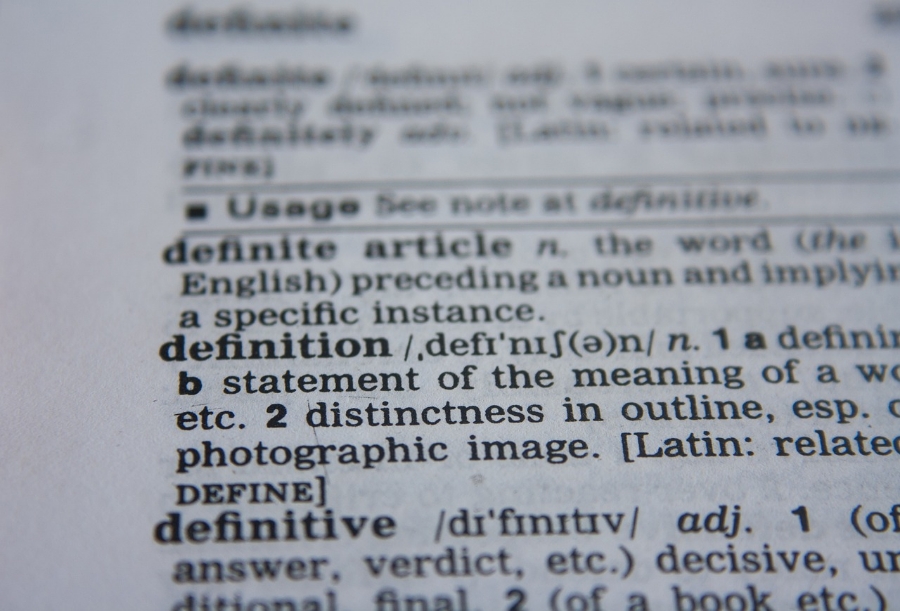
Q. I've been researching what I need to know to do my Will and set up a Trust, and I'm getting confused by some of the materials I've been reading. I keep seeing separate references to "heirs" and "beneficiaries". Are they not the same thing? My son is the heir to my estate, isn't he? Doesn't that also make him the beneficiary?
A. That's an excellent question, and the answer is "No". Let's have a look at the difference between the two terms.
Definition of "beneficiary" and "heir"
A beneficiary is a person you name in your Will to receive all or a portion of your estate property, or a person designated in a Trust Deed to receive all or part of the trust property. They're called beneficiaries because they benefit from the terms of the Will or Trust.
Any person or organization can be a beneficiary - it's up to you to distribute your property among them as you see fit. Most people choose to distribute their estate among their family members and close friends. You may also wish to gift a certain amount to a charity, club, society or service organization that is important to you.
Your heirs, on the other hand, are determined by the laws of descent. An heir is someone who will inherit the property of a person (decedent) who dies intestate, i.e. without a valid Will. The laws of the jurisdiction in which the decedent's property lies will determine what the order of succession will be, but in general, the estate may go wholly or partially (i) firstly to any surviving spouse, (ii) then the decedent's children, (iii) if no surviving children, to the grandchildren, (iv) if no spouse or children / grandchildren, to the decedent's parents, and (v) if no surviving parents, the decedent's siblings.
If there are no surviving members of the immediate family, the inheritance may then pass to other blood relatives, such as aunts, uncles, cousins, nieces and nephews. All of this depends on the degree of family kinship and the applicable laws.
So as you can see, there is a very distinct difference between a beneficiary and an heir.
Summary
Beneficiaries are chosen by you when you make your Will or establish a Trust. You can name yourself as a beneficiary of a trust, in many cases. And gifts can be distributed to beneficiaries through a trust during your lifetime.
Heirs are determined by law in cases where the decedent has died without a Will. As long as you are alive, you have no heirs. They only become your heirs after you die.


